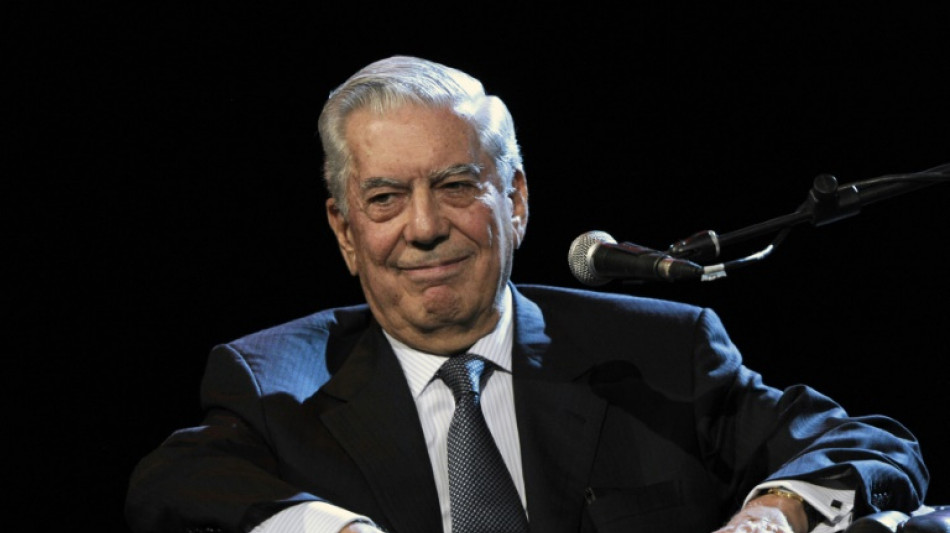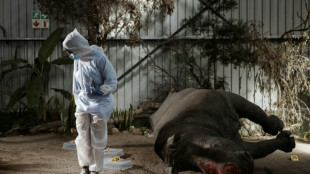

Nobel winner Mario Vargas Llosa joins Academie Francaise
Peruvian Nobel-winning author Mario Vargas Llosa was set to join the fabled Academie Francaise in Paris on Thursday, the first member never to have written a book in French.
The 86-year-old novelist, who also has Spanish citizenship, controversially invited the former king of Spain, Juan Carlos, to his inauguration ceremony.
The ex-monarch has lived in exile since 2020 in the United Arab Emirates after a series of scandals, including claims that he harassed a former mistress and revelations about his lavish lifestyle and an elephant hunt in Botswana.
Established under King Louis XIII in 1635, the Academie Francaise is meant to guard "pure" French, which in recent decades has faced a constant onslaught from English.
Last year, it bemoaned the widespread use of imported phrases like "big data" and "drive-in" and took umbrage with the common practice by French businesses of using English-sounding brand names, such as train operator SNCF's low-cost service Ouigo (pronounced "we go").
Vargas Llosa won the Nobel Prize in Literature in 2010, and is the first holder of the award at the Academie Francaise since Francois Mauriac, who won the prize in 1952.
He is considered among the most influential Latin American writers, often taking a sharp look at the region's politics and history with novels like "The Time of the Hero" (1963), "The Feast of the Goat" (2000), and continuing through to 2021's "Harsh Times".
Foreigners have been admitted to the Academie in the past.
The first was an American, Julien Green, in 1971, who never took French citizenship, and Canadian-Haitian Dany Laferriere joined in 2013.
But Vargas Llosa -- who worked for AFP's Spanish desk in his youth -- has only ever worked in Spanish.
He is now a member of three linguistic academies, having joined the Peruvian Academy of Language in 1977 and the Royal Spanish Academy in 1994.
The writer has stirred controversy in Latin America with his pro-capitalist views, often criticising the many socialist governments across the region.
The 40-member Academie Francaise has struggled to find members of late -- there are currently five vacant positions -- but has never relaxed its exacting standards.
"We cannot congratulate the Academy enough for not being, like so many other constituted bodies, absolutely hostile to superiority, and for not including only imbeciles," quipped one member, Jean Dutourd, in a recent essay.
F.Peeters--RTC



